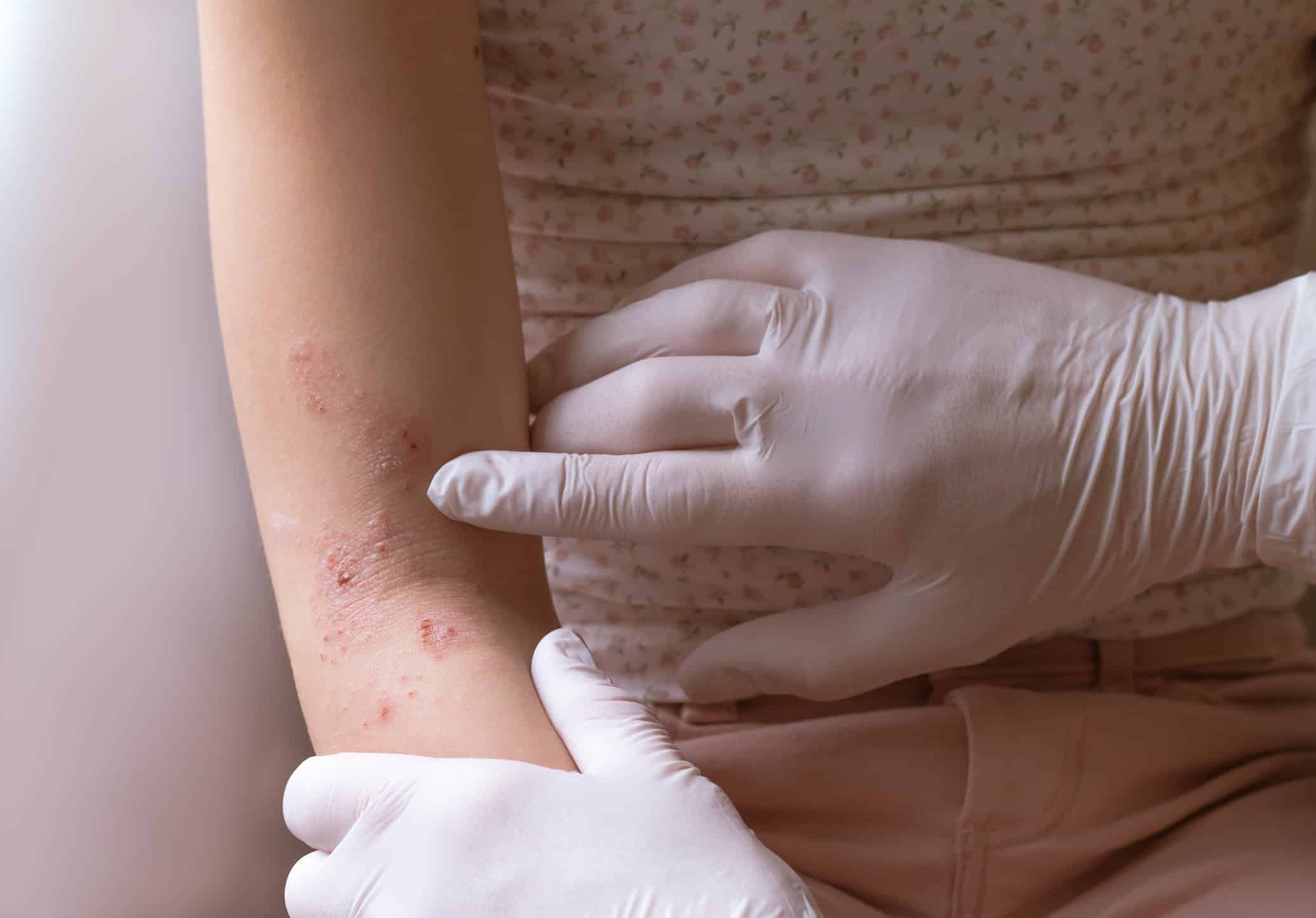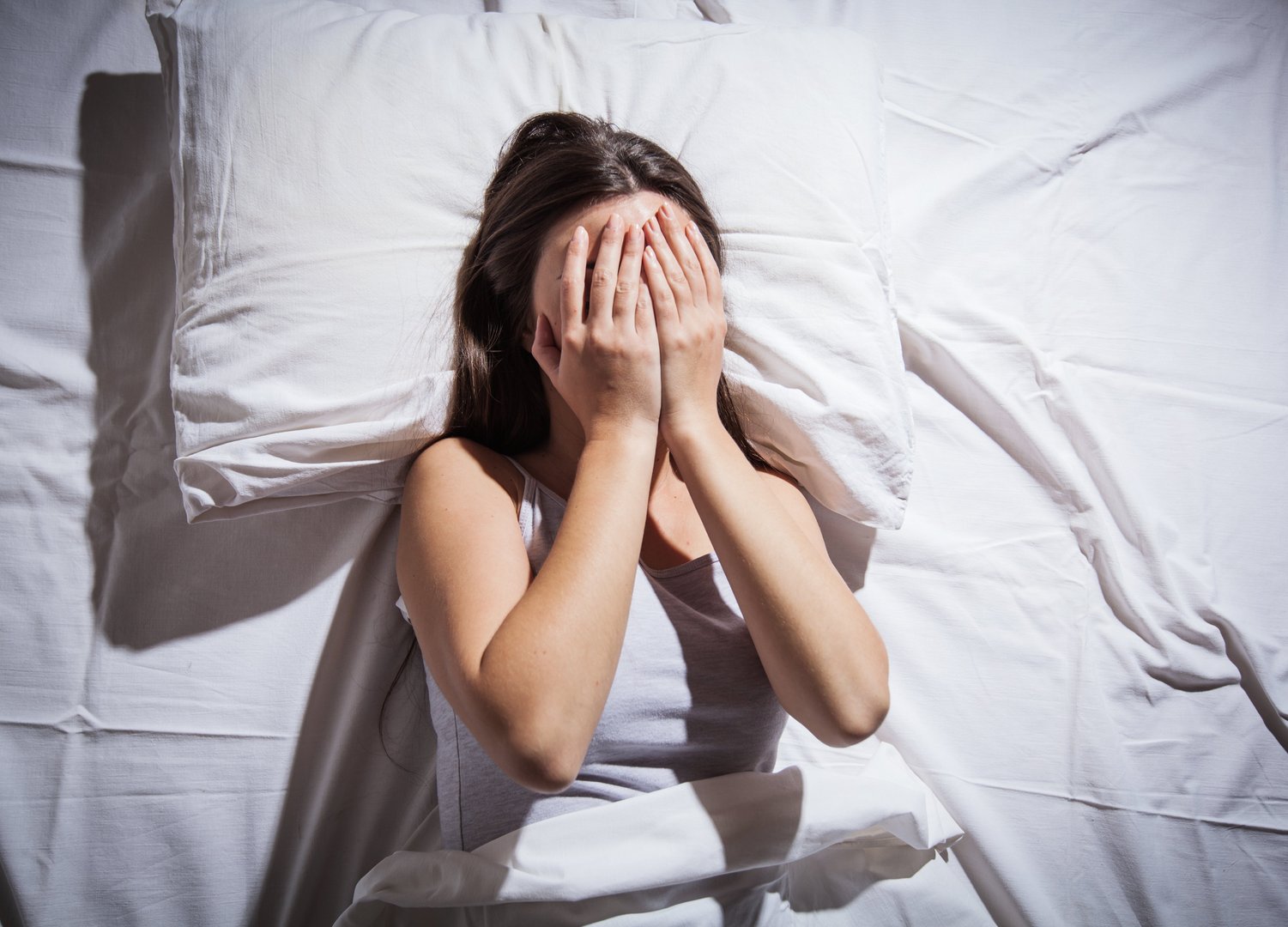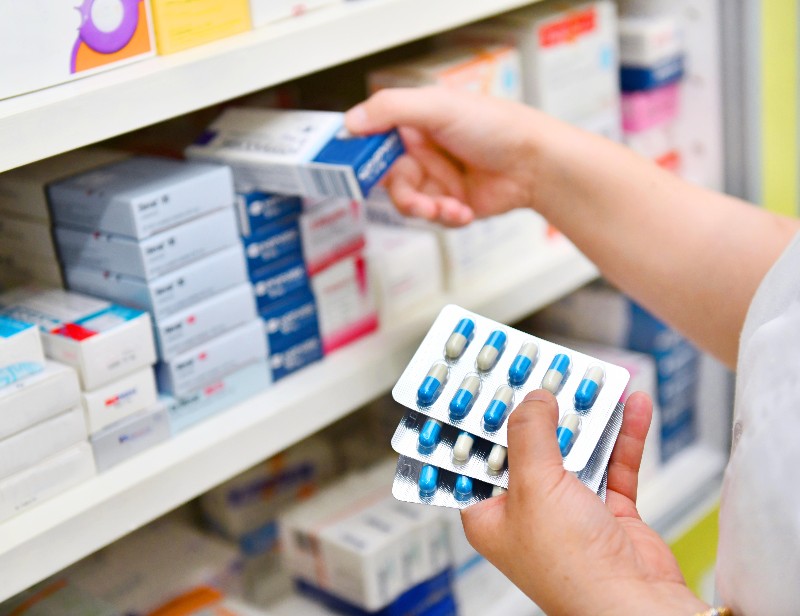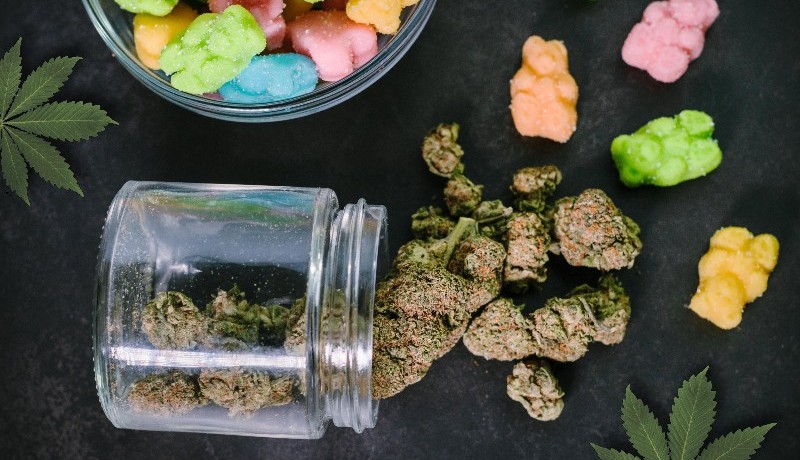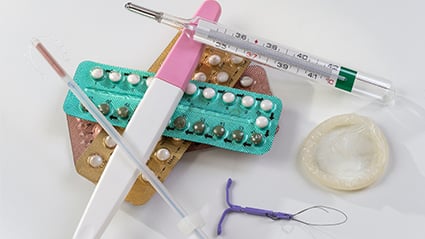The following is the summary of “Magnitude and Time Course of Response to Abrocitinib for Moderate-to-Severe Atopic Dermatitis” published in the December 2022 issue of Allergy and Clinical Immunology by Reich, et al.
New treatments for moderate to severe atopic dermatitis (AD) will likely reduce symptoms more quickly and completely than the treatments are currently available. Examine the data from JADE COMPARE (NCT03720470), focusing on rigorous efficacy end points. Patients in the moderate-to-severe AD group were randomly randomized to receive either oral abrocitinib 200 or 100 mg once daily, subcutaneous dupilumab 300 mg every 2 weeks (600-mg loading dose), or placebo, in addition to medicated topical treatment for 16 weeks.
There were strict response thresholds for the Eczema Area and Severity Index (EASI), Investigator’s Global Assessment, Dermatology Life Quality Index, Peak Pruritus Numerical Rating Scale, and Night Time Itch Scale. Greater than or equal to 90% improvement from baseline in EASI was achieved by 48.9%, 38.0%, and 38.8% of the abrocitinib 200-mg, 100-mg, and dupilumab groups, respectively, versus 11.3% of the placebo group at week 16; 14.9%, 12.6%, and 6.5% achieved Investigator’s Global Assessment 0 (clear) versus 4.8% of the placebo group; 29.7%, 21.6%, and 24.0% achieved Derma.
The median time to greater than or equal to 90% improvement from baseline in EASI was 59 days for the abrocitinib 200-mg group, 113 days for the abrocitinib 100-mg group, and 114 days for the dupilumab group; the median time to Peak Pruritus Numerical Rating Scale 0/1 (no/very minimal itch) was 86 days for the abrocitinib 200-mg group, and Abrocitinib improved symptom control in people with Alzheimer’s disease more so than placebo.
Source: sciencedirect.com/science/article/pii/S2213219822009266


